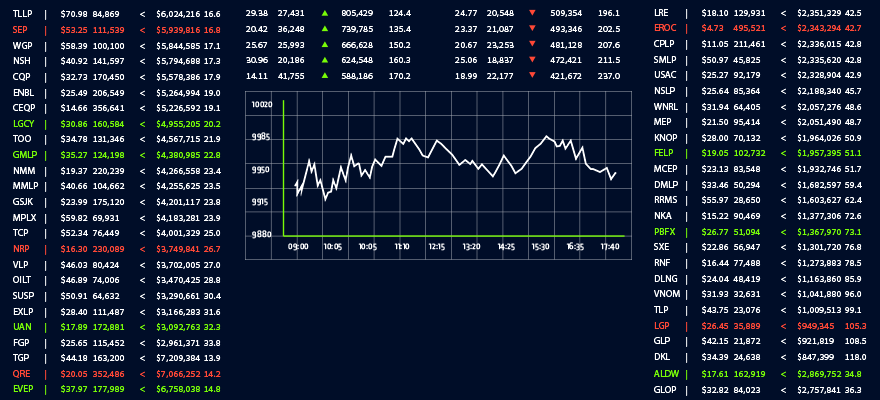It is not new how fast technology develops and affects our daily life, particularly in the financial sector. Innovation tends to be led by the private sector, with the public sector largely responsible for controlling, monitoring and legislating upon multiple changes as the industry evolves.
Social Trading platforms, plugins, traders’ communities, social trading websites have been greatly successful recently, and technological innovation continues in that specific market niche. The question is inevitable: Are regulators ready and able to cope with such innovation? Have we seen a clear set of rules from financial market controllers to monitor and regulate these different forms of social trading activities? I am not sure so…..
The binary options market is also a good example of this. It has been growing substantially for the last 5 years, and the discussion as to whether this is a financial or a gaming product is still ongoing, with regulators taking different positions on it. This is obviously affecting the market itself, since the technological innovation within the binary options market continues, with technology vendors creating amazing and creative tools to differentiate them from the crowd.
One of these embedded innovations in every high-end binary options platform is the Bonus Management. How are regulators going to be able to cope with regulating and monitoring this bonus giving activity when so many are still discussing the essence of the business itself?
In one of the cases we had at our consulting firm this month, we had to analyse and evaluate whether a certain investment company was trading on behalf of clients, (commonly known as Money Management – which obviously requires a certain type of license, permissions, capitalisation, etc;) or if they were actually running a fund (which requires a different type of structure). I was amazed to see how technology managed to make this line blur, since you can definitely take either position, with strong arguments to defend both sides.
It might be too much to ask of regulators to catch up much faster with the financial markets’ technological changes. However, being more closely aligned would certainly bring more clarity, transparency, clients and public protection, which is the ultimate goal of the regulators. The gap will have to shorten, otherwise we will always have companies trying to abuse the system, exposing the market to serious reputational damage with investors and hence decelerating its growth.





Be First to Comment